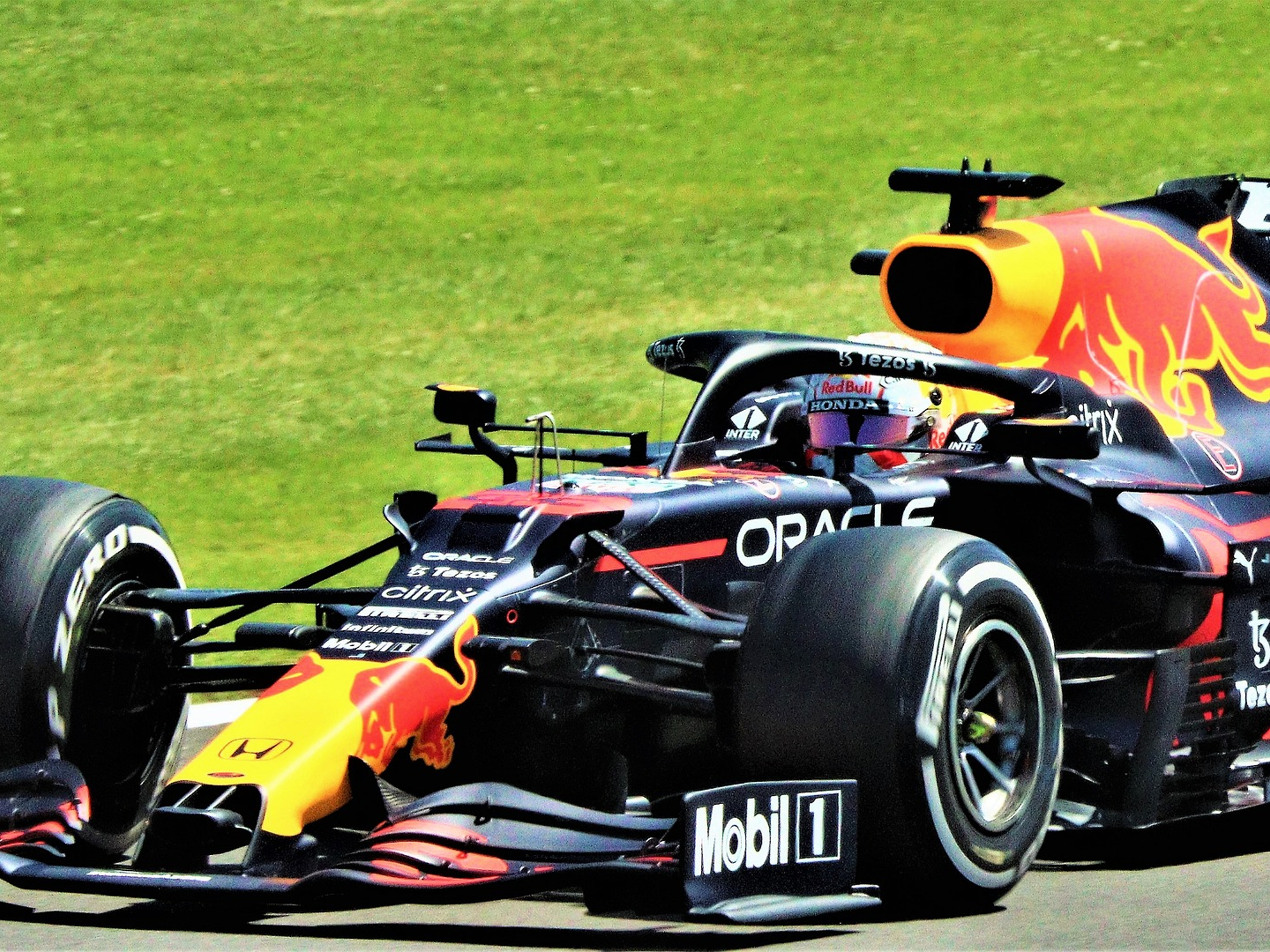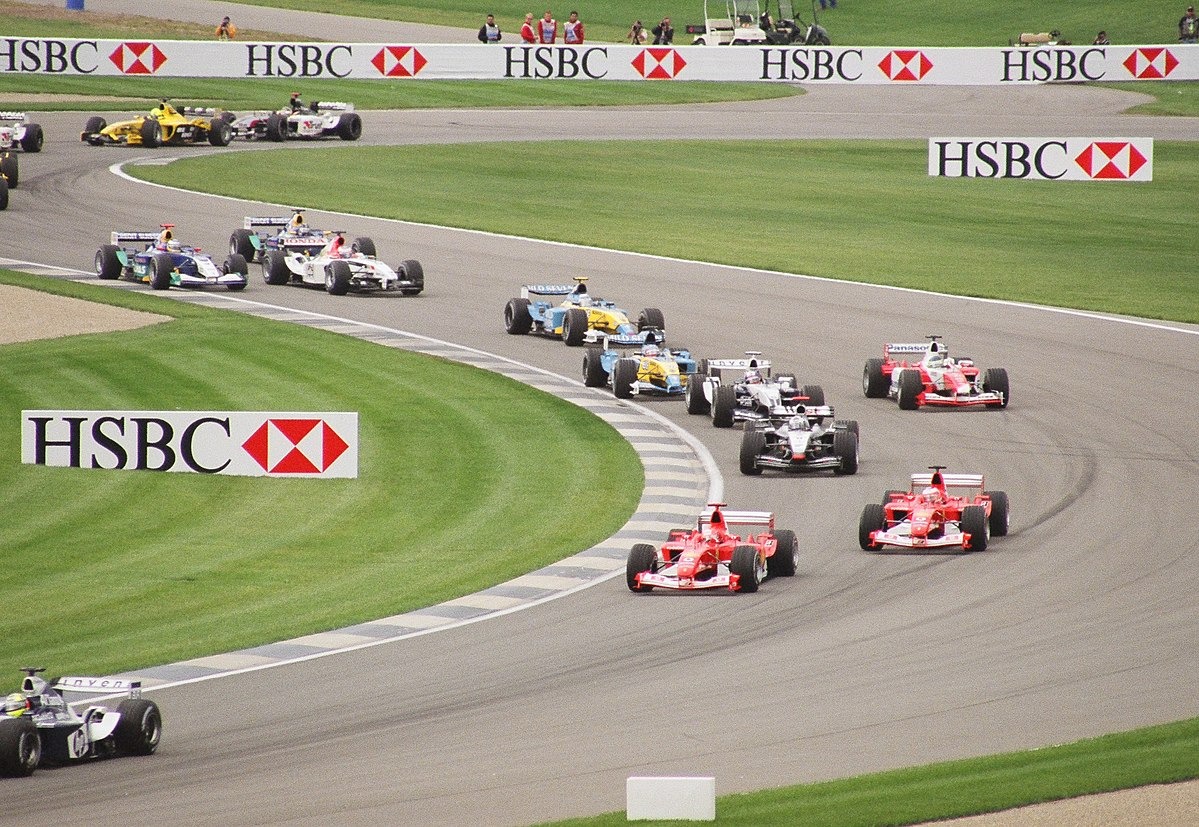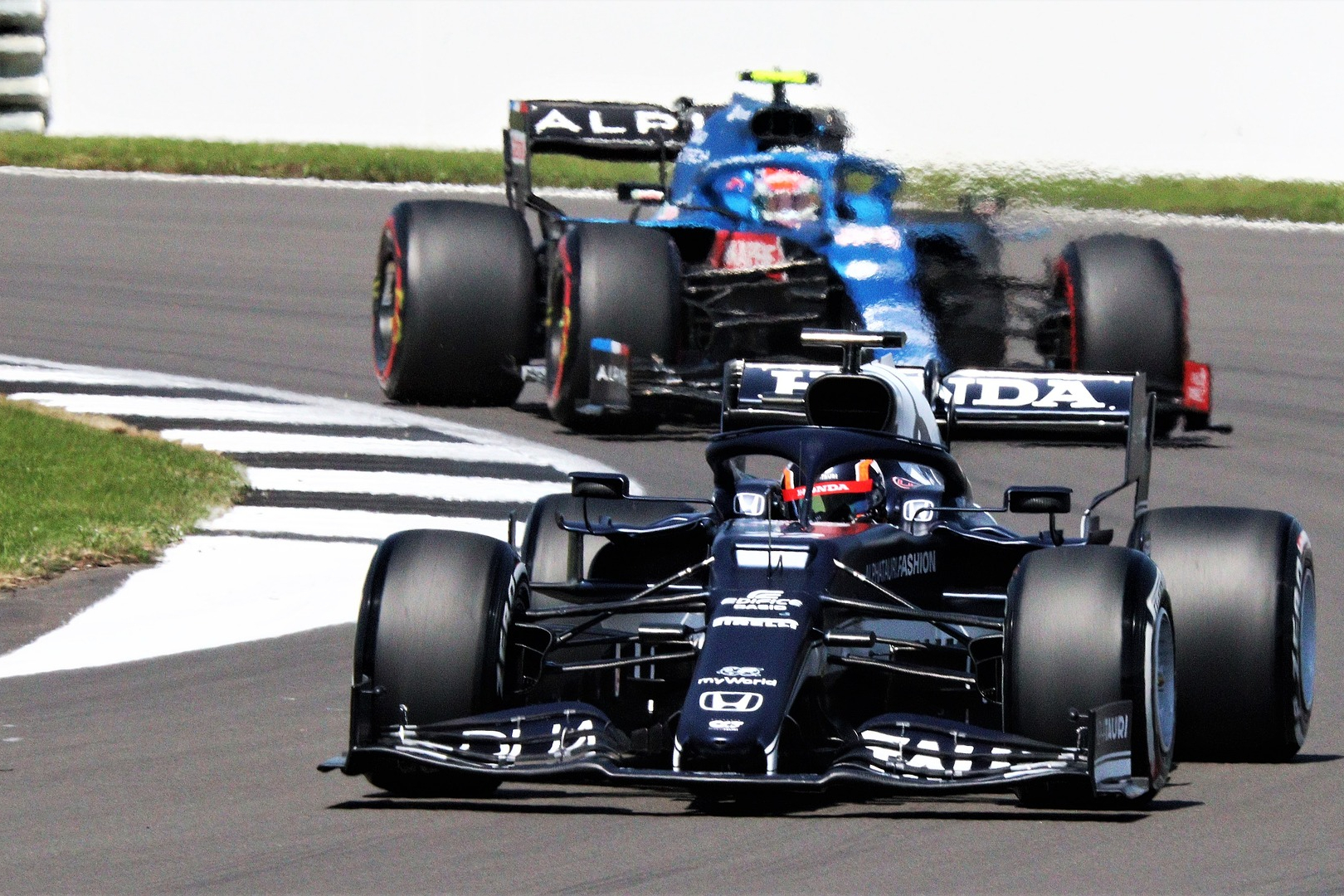
Formula 1 racing, the elite motorsport competition in the world, is fast and exciting. Extensive F1 rules and regulations cover technical, sporting, and financial matters. If you’re new to F1 races, you probably have a ton of questions. A common question is, “How long is a Formula 1 race?”
Contents
- Why Formula 1 race length matters
- Why F1 race distances vary
- Why F1 race durations vary
- F1 Sprints are different than Grand Prix
Whether you’re asking about distance or time, the answer is, “It depends on the race.” I’ll explain below why race distances and times vary in F1 racing, but here are approximate answers that apply to most F1 Grand Prix races. Except for Monaco, Grand Prix races are 305 kilometers or 189.5 miles long, plus a little bit, depending on the track. The one exception, the Monaco Grand Prix, covers 257 km or just under 160 miles. Grand Prix must be finished within two hours, except sometimes they can last up to three hours.
Recommended Videos
People usually wonder about time and distance in F1 races, but there is one other element: days. F1 Grand Prix events last three days and most often consist of two days of practice, qualifying for pole positions in the Grand Prix race, and the actual race on the third day. Six 2024 F1 race schedule events include Sprint races on the event’s second day.
Related
- F1 driver Michael Schumacher’s watch collection to be auctioned (and it’s great)
- You can buy the very first Lotus F1 car
- What does interval mean in Formula 1?
Why Formula 1 race length matters

In F1 racing, everything matters because the stakes are so high, the competition is so intense, and the rewards are so high. Everything significant is measured before, during, and after F1 races with scrutiny by FIA racing staff. The rule prohibiting teams from adding fuel to a race car after a race begins is closely linked to speed and distance because carrying the weight of unnecessary fuel extracts a cost in speed. Not finishing a race because of running out of fuel would be hugely embarrassing. Cars ideally will carry just enough fuel to finish the race — and perhaps a bit extra for a victory lap.
In the interests of safety, competition, and fairness, many elements of F1 race cars must be equal, with teams relying on driver skills, pit crews, and any allowable changes or adjustments before and during races to win. Total race distance and maximum race time are two constants in the complex formulations of F1 races.
Why F1 race distances vary

F1 Grand Prix races occur on race tracks and temporarily closed public street circuits worldwide. The 2024 F1 race calendar includes 24 Grand Prix. The length of the tracks and circuits vary significantly this year from 2.074 miles for the Monaco Grand Prix and 4.352 miles for the Belgian Grand Prix. Therefore, the rule is that the race distance is the minimum number of laps covering 305 km (189.5 miles), except for Monaco, which is 260 km (161.5 miles).
During F1 races, distance is measured in laps, not miles or kilometers. The number of laps required to complete a Grand Prix ranges from 44 laps at the Belgian Grand Prix to 78 laps at Monaco.
Why F1 race durations vary

If all Grand Prix tracks and circuits were identical, the race durations would be about the same, but that’s not the case. Tracks vary not only in their length but also in the number and types of turns, the length and number of straightaways, track width, and even altitude, all of which affect the speeds of the race cars.
In the 22 Grand Prix in the 2023 season, most races lasted about 90 minutes, but the shortest was the Italian Grand Prix, which ended a bit under one hour and 14 minutes, and the longest duration was the Australian GP, which lasted two hours and almost 33 minutes.
The FIA F1 regulations stipulate that a Grand Prix race ends two hours after the start, with the clock continuing to run if there are problems on the track that require the drivers to maintain the same order while they follow a safety car around the track until the problems are cleared. If there is a red flag, however, and the race is stopped because of dangerous conditions but subsequently restarted, in that case the total race duration can last up to three hours, but no longer.
F1 Sprints are different than Grand Prix

In addition to Grand Prix races, a limited number of Grand Prix events include a Sprint race held on the second day of the three-day Grand Prix event schedule. The 2024 F1 Sprint race schedule includes six races that are much shorter than the Grand Prix and were added in 2021 to include an additional race for fans to watch and a chance for drivers to earn more Championship points.
Like Grand Prix races, Sprint races are measured in laps. Sprints comprise the minimum number of laps necessary to exceed 100 km (62.1 miles). Sprints typically last 30 to 45 minutes, but the maximum time allowed is one hour unless the race is stopped with a red flag and then resumed, at which point it can last one and one-half hours.
Editors' Recommendations
- Formula 1 has a new subscription-free ad-supported streaming channel
- F1 helmet Niki Lauda wore in infamous crash will be auctioned for the first time
- How much do Formula 1 pit crew and mechanics make?
- How do you become a Formula 1 driver?
- How much does a Formula 1 car weigh?